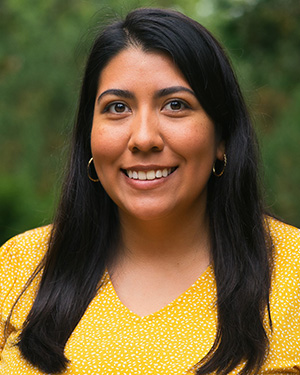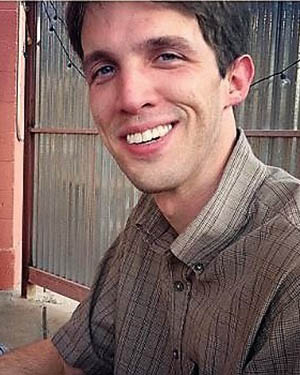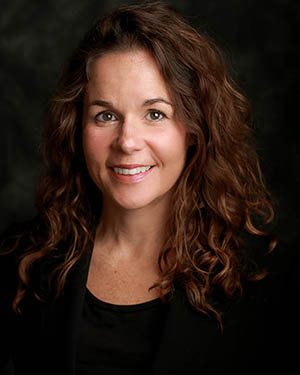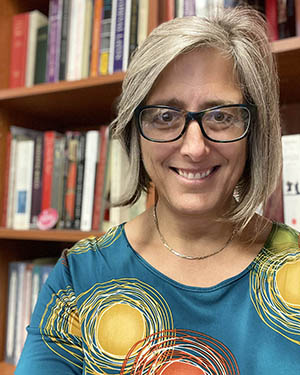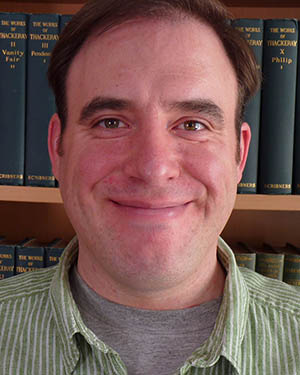B.A. Literature, Language, & Culture
Welcome to the Literature Program!
Located in New Mexico State University’s Department of English, the Literature Program offers a Bachelor of Arts degree in English with an Emphasis in Literature, Language, and Culture as well as a Master of Arts degree in English with an Emphasis in Literature. Students enrolled in our undergraduate and graduate degrees pursue interests in literary history, literary interpretation and analysis, film and television studies, and cultural studies and critical theory within primarily anglophone contexts.
Literary history attends to the movement of elements of form and content within and between literary traditions. Different conditions of living call for different ways of representing reality. Conversely, new ways of representing reality make available new frameworks for grasping what it means to be an individual or to exist in a society. By gaining fluency in literary history, students develop a dynamic concept of history itself and the variety of human experience.
We in the twenty-first century spend our days processing and assessing texts, whether we are dutifully following updates on a political crisis or urging a friend to read a book that resonated with us. Literary interpretation and analysis turn these everyday practices into an art. Through interpretation and analysis, students derive meaning from a text; they access what it reveals about the context out of which it emerged and the context in which it was or is being received. Students also partake in judgment and assessment, reevaluating celebrated or maligned texts, for example, in light of new criteria.
Film and television studies, as practiced in the English Department, point not only to a distinct archive of primary texts—you guessed it: film and television—but also to distinct interpretive and analytical approaches. Students operate on the assumption that medium-specific tools are necessary to unlock the knowledge produced by film and television.
The study of literature, film, and television does not happen in isolation. It influences, and is in turn influenced by, history, anthropology, sociology, geography, political studies, and more. Nowhere is the transdisciplinary exchange of methods and insights clearer than in cultural studies and critical theory, a domain that highlights the conflicts, hierarchies, and institutions which shape contemporary culture. Questions of race, ethnicity, gender, sexuality, disability, and class inform literary and film and television studies at large but figure especially prominently in cultural studies and critical theory. Students familiarize themselves with such formations as Borderland and environmental studies to confront the role of the university in reproducing or interrupting colonial, sexist, and white supremacist systems of knowledge.
Our courses investigate varied topics, including late medieval religious writing, early modern poetry and drama, Victorian literature and science, modern U.S. poetry, Latinx and Black literature, twentieth- and twenty-first-century U.S. literature and film, and global anglophone and postcolonial literature. Courses cover a variety of theoretical perspectives, including Borderland and ethnic studies; critical race studies; feminist, queer, and trans studies; disability studies; and ecocriticism.
Recent graduates of our program have gone on to M.A. and Ph.D. programs at top-rated institutions and to careers in such fields as university and high school education, university and museum administration, writing, theater, library sciences, nonprofit work, editing, journalism, communications and public relations, and human resources.
Our Faculty
Dr. Vanessa Aguilar: Archival Research,
Speculative Fiction,
Bruja/Conjure Feminisms
Dr. Ryan Cull: American literature
(especially poetry) from the nineteenth
century to the present
Dr. Tracey Miller-Tomlison: Literature,
drama, and cultural studies,
1500-1800; Shakespeare
Dr. Elizabeth Schirmer: medieval
studies and gender theory
Dr. Tyson Stolte: Victorian Literature
and Culture
Dr. Fabrizio Ciccone: 20th and 21st
Century American Fiction and Film
Our Work
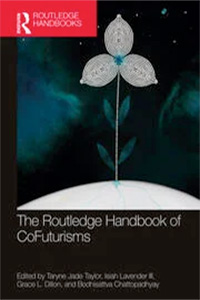
“Conjurando poderes de existencia:
Depictions of Sabidurías in
the Latin American Speculative
Fiction Series, Siempre Bruja”
appears in The Routledge Handbook
of CoFuturisms.

"'We fathom you not—we
love you': Walt Whitman’s
Social Ontology and Radical
Democracy" appears in
the journal, Criticism.
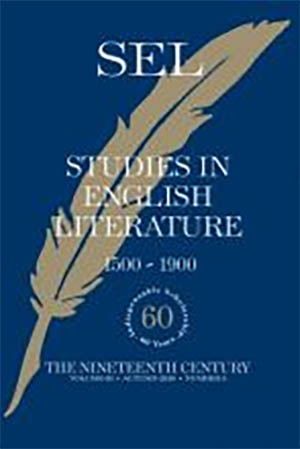
article The Restoration
English History Plays of Roger
Boyle, Earl of Orrery" appears
in the journal, Studies in
English Literature.
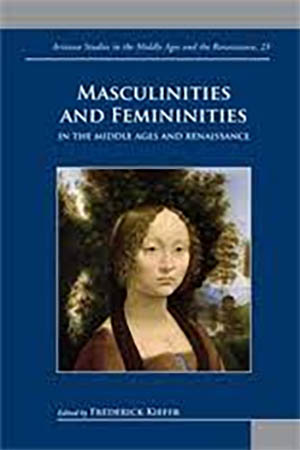
"'Trewe Men': Pastoral
Masculinity in Lollard Polemic"
appears in the journal,
Masculinities and Femininities
in the Middle Ages and
Renaissance.
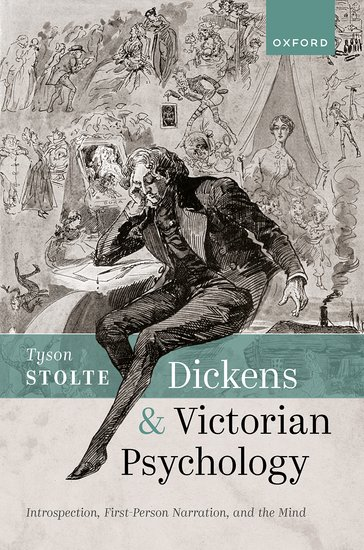
Dickens and Victorian
Psychology: Introspection,
First-Person Narration
and the Mind" has been
published by the Oxford
University Press.
